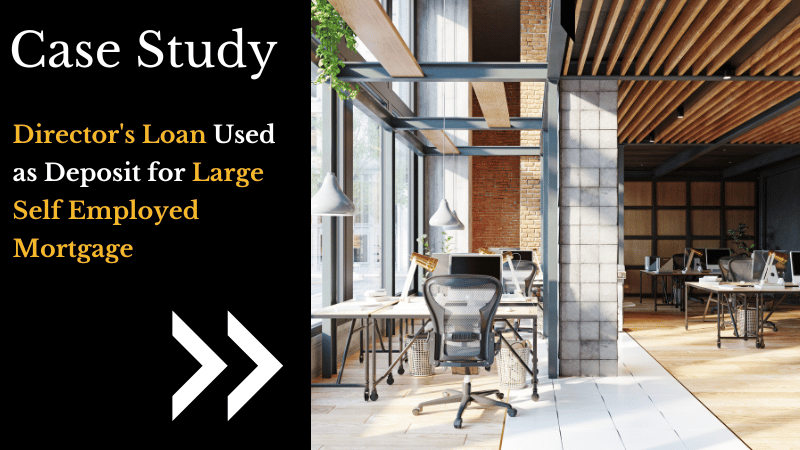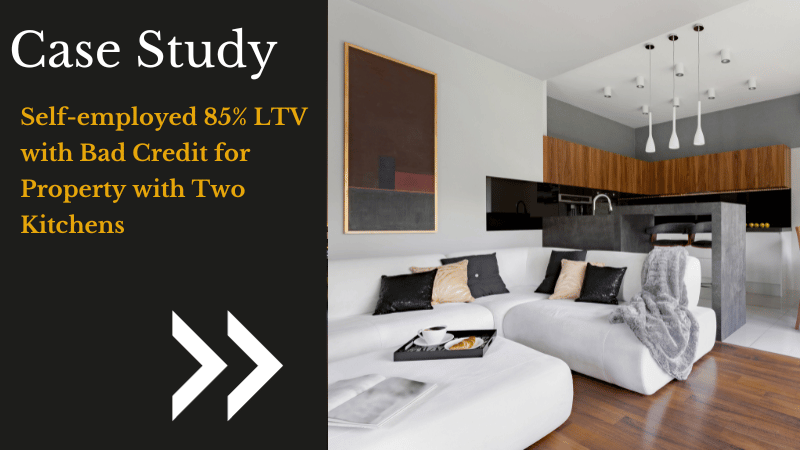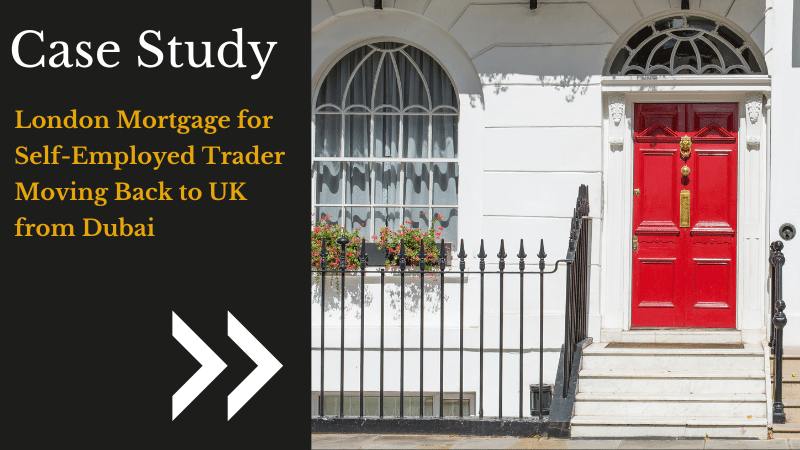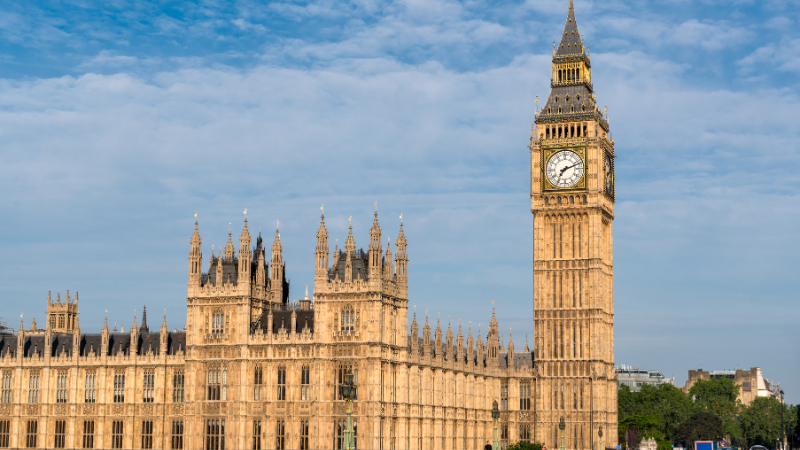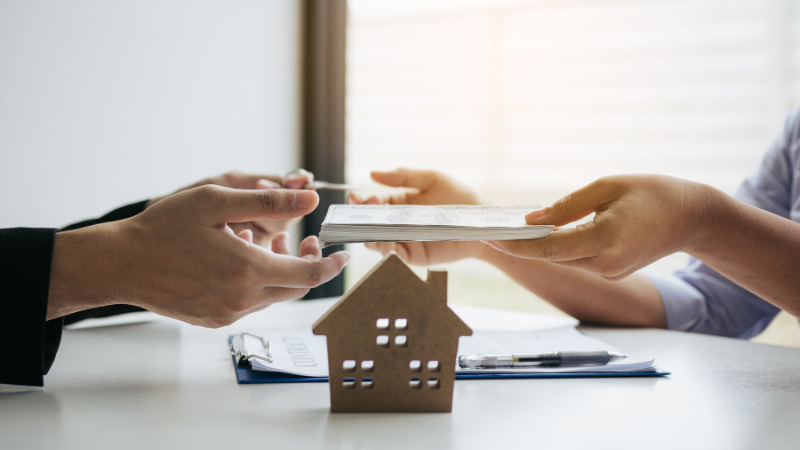Categories
Sole Trader Mortgages | What You Should Know
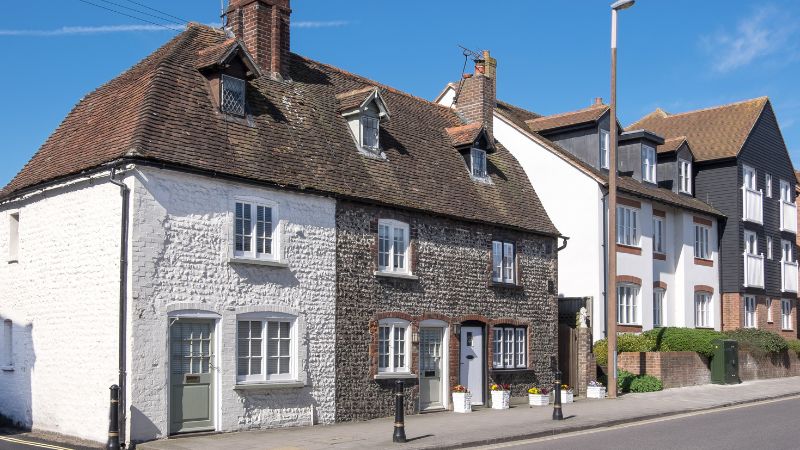
One of the greatest financial worries that sole traders face is that of obtaining a mortgage.
There’s a lot of conflicting advice that floats around - from how you prove your income to the size of a mortgage you might be able to get - that it can become confusing.
At Clifton Private Finance, we’re here to clear up some of those questions and help you get the sole trader mortgage you’re after.
Can a Sole Trader Get a Mortgage?
How to Get a Sole Trader Mortgage - 6 Steps
1 - Have Good Accounts
2 - Take Care of Your Credit Rating
3 - Be Able to Afford It
4 - Select the Right Lender
5 - Select the Right Property
6 - Have as Much Deposit as Possible
Sole Trader Mortgage FAQ
Apply Today
Can a Sole Trader Get a Mortgage?
Yes, a sole trader certainly can get a mortgage.
While there are some complexities in obtaining a sole trader mortgage that those in full-time salaried employment don’t face, it is by no means an insurmountable task, and with the right help and access to the wide range of understanding lenders, it can definitely be done.
Understanding how to obtain a mortgage is all about risk assessment - which we'll cover next.
How to Get a Sole Trader Mortgage - 6 Steps
Mortgage lenders are more than happy to lend their money to anyone who they believe can assuredly make the repayments; after all, that’s their business and they wouldn’t get anywhere not lending the money.
However, they do have to be sensible and assess the risk involved in lending the substantial sum that a mortgage represents.
As a sole trader, you represent a greater risk than someone with a ‘traditional’, ‘steady’ job, with a regular salary payment that can be guaranteed each month. Just because the risk is greater, though, doesn’t mean it’s too high.
When you understand how mortgage lenders assess your risk level, it’s easy to do what you can to mitigate that risk and assure them that you’re a good proposition.
1 - Have Good Accounts
The first thing that’s essential when looking to obtain a mortgage as a sole trader is to be able to prove, on paper, that you have the money needed to meet regular repayments.
Here, having an accountant will help and if you don’t already have one, it’s worth considering getting one before applying for a mortgage.
Good accounts means:
- Multiple years of accounting history - Many mortgage lenders understand that you may have only been a sole trader for a relatively short time, but the more you can show of your accounting history, the better. This is typically done through your self-assessment tax return. One year’s return is enough for many lenders, but two to three years is even more helpful. If your income has gone up year-on-year, even better.
- Current income - Many sole traders look to get a mortgage when their finances improve, but this might not yet be represented on a tax return. For example, you could have recently obtained a significant contract or be otherwise building your business and your current monthly income may be twice as high (or even more) than it was last year. Clearly document your current income to show this increase. Here an accountant really does help, as they add credentials to any documents you present.
- Multiple income streams - If you have multiple income streams, this will increase the complexity of your risk assessment. It is always best to have your accountant or mortgage broker document and present this money in such a way as to make its value and reliability clear. You may find traditional high street banks being more wary of multiple income streams than specialised lenders.
- Show expenses - Accounts aren’t just about the money coming in. Be sure to show your money management and how you pay your bills and other liabilities.
2 - Take Care of Your Credit Rating
Your credit rating is an essential part of any mortgage application - and being self employed makes no difference here! Take steps to make sure your current credit score is strong, which may mean delaying your mortgage application for a few months while you repair it.
Most mortgage lenders are going to consider the previous three months as the most important when assessing your credit history, the full year the next most important, and anything beyond that as mere background information.
That said, CCJs, bankruptcy and other major defaults on your record could have an impact for many years, so if your credit history holds that information, make sure you declare it early and account for it.
Your credit rating will be improved by:
- Paying your bills and debt liabilities on time.
- Not maxing out your credit.
- Having a reasonable amount of credit available to you, but not too much - The finer nuances of this can be complicated, but the system will consider you a good proposition if you have reasonable lines of credit, such as credit cards, but not if you have huge amounts of available credit you have never used. A good rule of thumb is to consider half your salary in potential credit as reasonable and close off any credit cards that have been unused for more than six months.
- Avoiding making too many applications - Each time you make an official application for credit, especially a mortgage, this is noted on your credit report. A run of applications (especially rejected ones) will make you look desperate and greatly hinder your ability to get credit. It’s best to wait three months between major credit applications.
- Having good address records - Make sure your address is up to date with every creditor, and that you are registered to vote. It’s a small-sounding thing that makes a large difference to your credit risk.
With your credit history, the old adage of ‘time heals all’, really does apply. Be patient and willing to spend a few months on its repair before making your mortgage application - it can make a significant difference.
3 - Be Able to Afford It
This may seem almost facetious, but it is one of the pieces of advice that’s often unsaid: only look for a mortgage you can truly afford.
It’s not just about the monthly mortgage repayments, though of course that’s a huge factor; it’s also about the other expenses that come along with being a homeowner. If you are looking to buy a property, your lender will want to know that you can afford not just the mortgage, but all the costs that go with it.
This can be particularly irksome for first-time buyers to appreciate, coming from a history of renting. An argument often occurs where the mortgage seeker proposes that because they have long been covering rent to a certain level, that a mortgage with similar sized repayments should be of no financial stress to them.
However, the lenders understand that the level of building responsibility that lies on the shoulders of a tenant is significantly lower than when the property is owned. Repairs, insurance, and much more must be considered.
In short, it is essential that as a self employed sole trader, you look realistically to properties that you can not only afford to purchase, but also to maintain, along with a comfortable standard of living. The mortgage lender will be scrutinising these details alongside the others.
4 - Select the Right Lender
Getting a mortgage is about matching you to a lender who understands your circumstances and is willing to assess your situation accurately.
There is a wide range of mortgage lenders in the UK, many of whom are more flexible than traditional high street banks and will consider your application for a sole trader mortgage clearly and professionally.
Finding these mortgage lenders, however, can be a complicated and time-consuming task that requires expertise to be successful.
That’s why it is recommended that self employed people consider expert advice when seeking a mortgage.
At Clifton Private Finance, we have years of experience in helping sole traders with their mortgage, so speak to us today for some personal advice to secure the property you're looking at.
5 - Select the Right Property
It is also worth considering the property you are looking to buy. Different types of property can be considered a greater risk by lenders and this will add to the difficulty you face in applying for a mortgage.
If you have your heart set on a certain property, then you may have to work harder in other areas to mitigate its risk; with a larger deposit, for example, or by ensuring your credit history is well cared for.
Properties that lenders will consider greater risk include:
- Non-permanent dwellings, such as boats, mobile homes, etc.
- Buildings in a state of disrepair.
- Properties that require further development.
- Houses in particularly remote locations.
- Homes in areas of limited infrastructure.
It is also worth noting that many auction properties cannot be purchased through a mortgage; this is because payment for the property is often expected quicker than a mortgage application can be processed and approved.
While some lenders are keen to facilitate auction properties, it must be considered at an early stage and is worth taking advice over.
6 - Have as Much Deposit as Possible
The largest factor in limiting risk for the lender is the size of your deposit. The more you are putting into a property, the more comfortable they will be lending you the remainder.
It is possible to get self employed sole trader mortgages with as much as 95% LTV, requiring only a 5% deposit, but if you can afford to increase the size of your deposit, then it is well worth doing as it will greatly increase the mortgage options available to you.
Remember that your deposit should be money immediately held in savings and you should not lean on a loan to provide that deposit. This only increases your debt liabilities and ultimately will make obtaining a mortgage that much harder.
Sole Trader Mortgage FAQ
Q: Will I need a guarantor for a sole trader mortgage?
A: No, plenty of mortgage lenders will look at you in the same way as a salaried employee of a company. Unless your credit is particularly bad, there should be no need to consider a guarantor.
Q: My partner has a salaried income, should we look for a mortgage together?
A: Yes. Mortgage lenders look at the combined family income when considering a mortgage between couples. You may find it helpful to have an accountant present the combined figures in a clear way.
Q: My partner is also a sole trader, is this a problem?
A: No. While it may make figures more complex and again, an accountant may be needed to help, your partner’s application is as relevant and substantial as your own.
Q: I have been bankrupt, can I get a sole trader mortgage?
A: Lenders will consider your bankruptcy to greatly increase your risk level, but that doesn’t mean that a mortgage is out of reach. It is worth speaking to an expert to get specialist help. The longer it has been since your bankruptcy, the greater the chances of a successful mortgage application.
Q: Can I get a mortgage for an office?
A: Yes, as a sole trader, if you are looking for a mortgage to further your business then we can help. At Clifton Private Finance we have a team of experts in commercial mortgages. Speak to us for more advice.
Q: Will I have to pay more for my mortgage?
A: The exact rates you will be offered for your mortgage will depend on circumstance - that’s why it’s worth shopping around and seeing what the best deals are. Here, working with a financial advisor could save you thousands. Speak to us at Clifton Private Finance for full details of the mortgages that may suit your needs.
Mortgages with Clifton Private Finance
Mortgages are at the core of what we do.
At Clifton Private Finance we have teams of experts in both residential and sole trader mortgages. Contact us today to find out more about sole trader mortgages and other aspects of self employed financing that can help you.
To see what we can do for you, call us at 0203 900 4322 or book a free consultation below.


